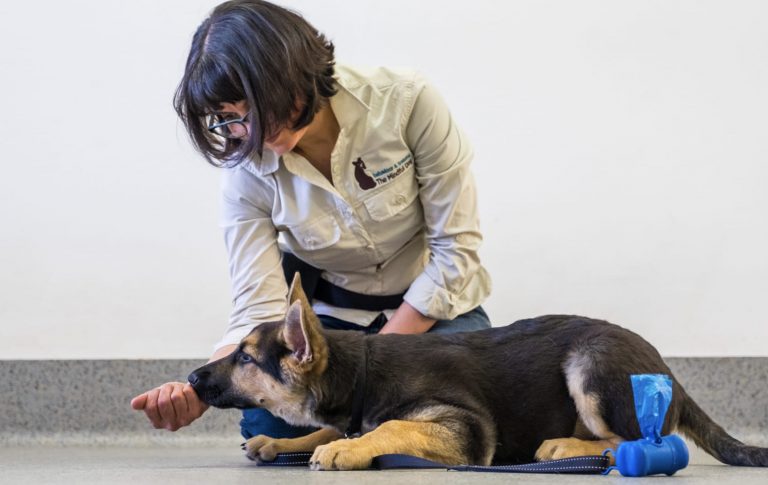This might be one of the most important parts of dog training. Why? Because defining behavioral issues provides you with a frame. It gives you an orientation to your consideration.
The trick about dog training is defining what your dog does wrong and giving him a frame of what to do instead.
What are behavioral issues? Well, that is when a state of unhappiness or discomfort is expressed slightly or clearly. And if you do not react, bad behavior will eventually turn into a behavioral habit and behavioral issue.
One behavior that is repeated over time can alert other behaviors. Sometimes, it might be only occasional behavior. But others, it might be a regular.
To define something as a behavior issue, you have to look at how it is repeating over time. Is it low or high frequency? And other factors.
Here is an example. Barking is considered a problem, right? Well, look at the volume of barking, time of repetition, triggering factors. When you consider all of those, you have a frame of why your dog is barking. And then you can start fixing the problem.
Causes of behavioral issues
There can be many reasons why your dog has behavior issues. Here is a quick breakdown of the most common causes.
- Health problems
- Lack of exercise
- Lack of mental stimulation
- Lack of understanding about your dog’s behavior
- Lack of socialization
- Negative socialization
- Development in puppyhood
- Environmental inconsistency
- Human and non-human inconsistency
- Routine changes
- Diet changes and nutritional changes
Here is an example that will show that you might cause behavior problems. You come back one day home, and your dog comes to greet you. And you are happy to greet him, you praise him, and everything is fine. But the next day, you had a bad day. Your dog comes, and you ignore your dog. You do not even greet him or say good boy.
See how you have affected your dog’s behavior? How can he know you had a bad day? For your dog, something is wrong, and he doesn’t know what. That is what we mean by environmental and human inconsistency.
The other causes are relatively self-explanatory. Socialization is quite important. And we do not mean only dog-dog socialization. But with people and the environment.
Exercise and mental stimulation are part of dog training. So, now let’s see how can you fix the problem.
How to prevent behavioral issues?
The first thing you need to do is to distinguish a behavior caused by a real problem and behavior we perceive as a problem.
You need to assess whether a behavior is a problem. Here is an example. Chewing puppies chew things that you wear. Why? Because those things carry your scent. When you are not home, puppies look to spend time with you and the smell reminds them of you.
So, from your point of view, your puppy chewing on things is bad behavior. But from their point of view, chewing might not be a problem at all. They perceive things as toys and they need something to entertain them.
Now, if you have an adult dog that chews on things as part of destructive behavior, you have a problem.
To prevent behavioral issues, you need to obtain basic education about dog behavior. Browse our website, we have lots of articles about how to tackle a specific problem.
We firmly suggest and support positive reinforcement training. We believe it is the best way to teach puppies what to do. Praise and reward behaviors you want, and ignore behaviors you do not want. You can use your voice for training as well.
Motivate dogs during training. Games help a lot. Play games with your dog while training to reward him for being a good boy and good puppy.
In time, rewarding positive behavior increases the frequency of good things. And ignoring negative behavior as a form of punishment will reduce that frequency.







